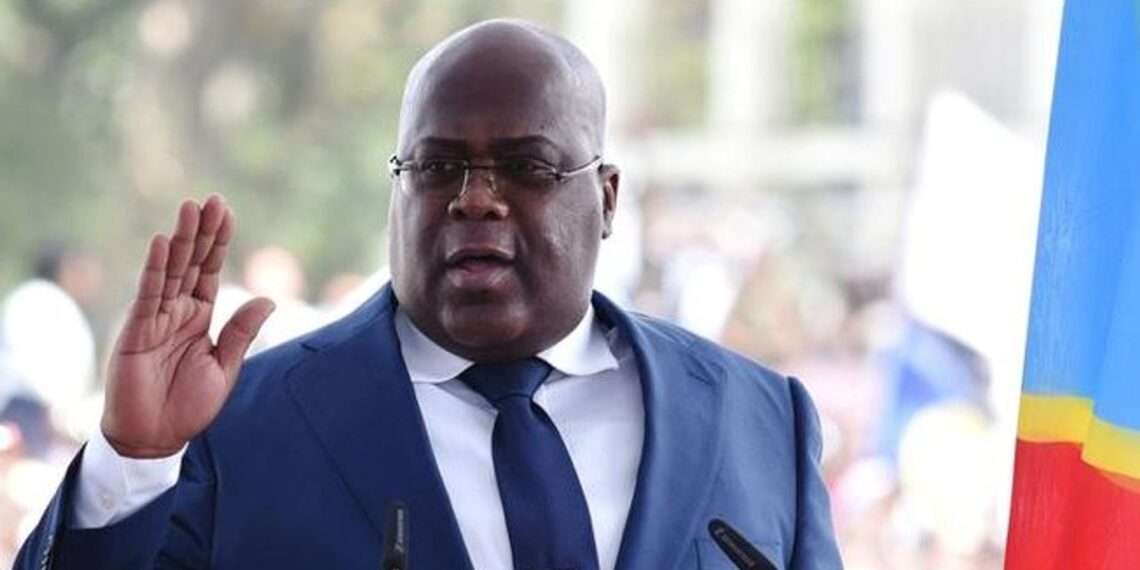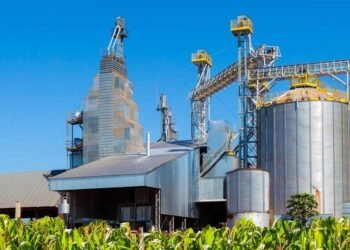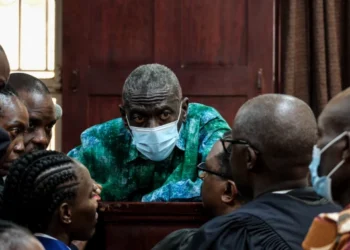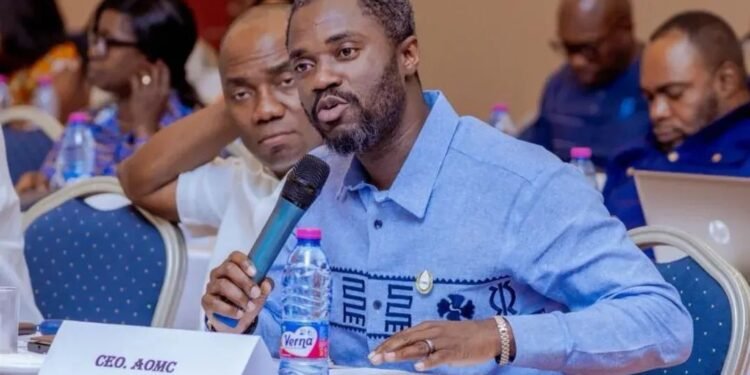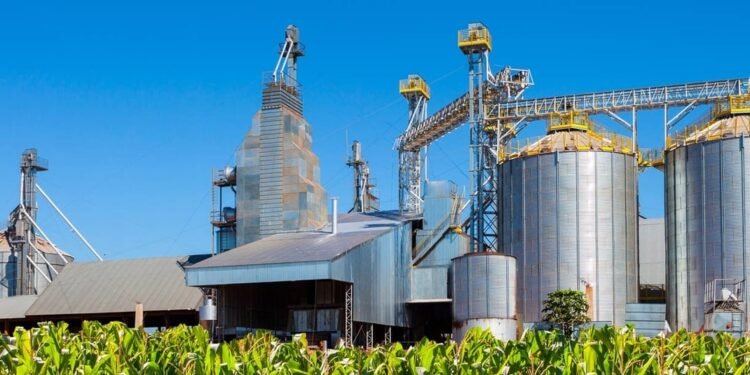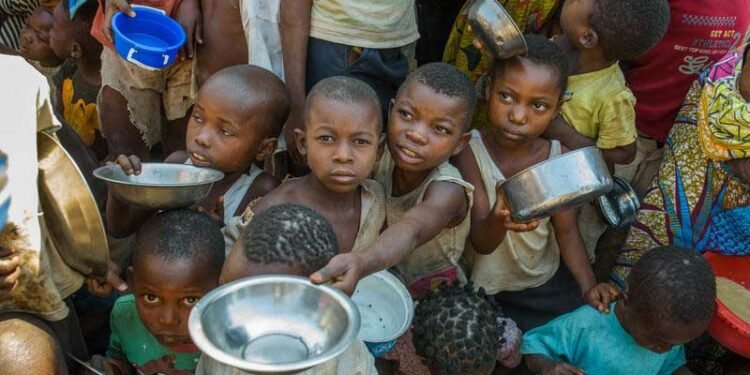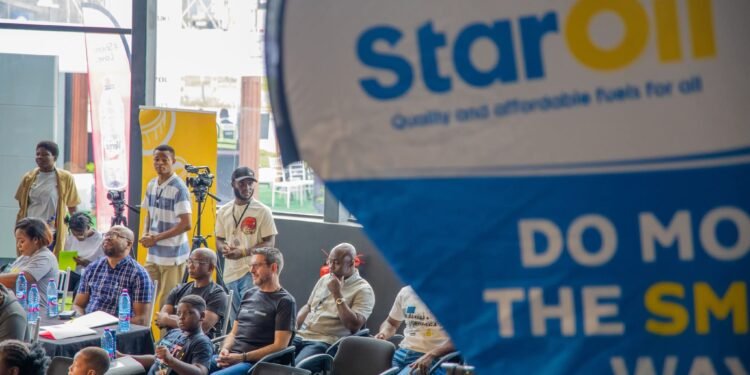The Democratic Republic of the Congo (DRC) has announced a new government, ending over five months of political uncertainty following President Felix Tshisekedi’s re-election last December.
The announcement, made on Wednesday, May 29 brings to a close a long-standing deadlock that had gripped the nation since Tshisekedi’s electoral victory.
The new cabinet’s formation comes just 10 days after an attempted coup was thwarted.
Government spokesperson Tina Salama revealed the composition of the new 54-member cabinet on the state broadcaster, RTNC.
A significant appointment in the new cabinet is that of Guy Kabombo Muadiamvita as defense minister.
His role is expected to be crucial, given the recent coup attempt and the ongoing conflict in the mineral-rich eastern region, where the Congolese army faces off against the Rwanda-backed M23 (March 23 Movement) rebels.
Protracted Delays
President Tshisekedi, who succeeded his father, veteran opposition leader Etienne Tshisekedi, took office in 2019 with a pledge to transform the DRC into “the Germany of Africa.”
Despite winning re-election in December with over 70 percent of the vote, his “Sacred Union of the Nation” struggled to form a government.
Erik Nyindu, the president’s communications director, attributed the delay to the extensive negotiations required among coalition parties to reach a consensus. “Better that than a country full of conflict,” he remarked on RTNC.
Last month, President Tshisekedi appointed Judith Suminwa as the DRC’s first female Prime Minister. Earlier this month, he named Vital Kamerhe, his former Chief of Staff who was previously convicted of embezzlement, as Parliament Speaker.
Despite pressures to cut government expenses, Tshisekedi slightly downsized the cabinet from 57 to 54 ministers.
Economic and Social Challenges
Critics have accused Tshisekedi of failing to capitalize on the DRC’s vast mineral resources, estimated at $24 trillion in untapped reserves of cobalt, coltan, and other minerals, to alleviate widespread poverty.
Despite substantial revenues flowing into state coffers, the benefits have not reached the majority of the 100 million population, which ranks among the world’s poorest nations according to the World Bank.
The ongoing conflict in the east, a lingering effect of the Rwandan genocide, continues to drain the country’s wealth. Around 200 armed groups, including the M23, which UN experts assert is backed by Rwanda, are vying for control over the lucrative mineral trade.
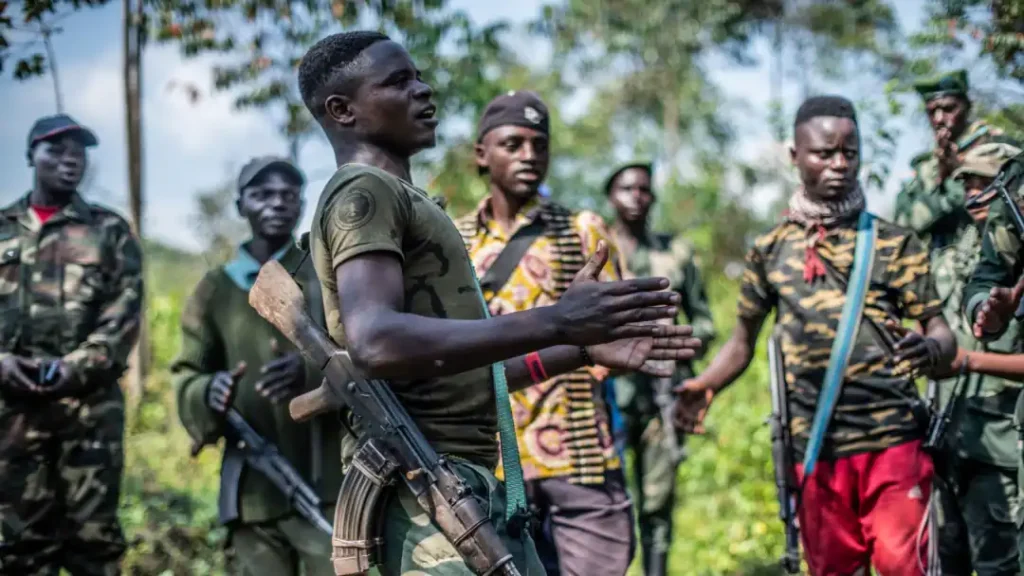
Last year, the government reported that the economy was losing $1 billion annually due to illicit trade, with large quantities of minerals like coltan smuggling to Rwanda.
The Coup Attempt
The failed coup on May 19 involved armed Congolese and foreign nationals led by Christian Malanga, a US-based DRC opposition figure. They attacked a minister’s residence and breached the Palais de la Nation, the official seat of President Tshisekedi, in the capital Kinshasa.
According to Human Rights Watch (HRW), the attack resulted in the deaths of Malanga, two security guards, and a civilian.
HRW has urged the government to ensure fair trials for those involved in the coup, noting that the incident followed a prolonged crackdown on freedoms of expression, media, and peaceful assembly since 2020.
“The Congolese government needs to treat this crisis as an opportunity to demonstrate its commitment to human rights and the rule of law,” said Lewis Mudge, HRW’s Central Africa director, in a statement.
The formation of the new government is a pivotal moment for the DRC, signaling a possible return to stability.
However, the challenges remain vast, with ongoing conflicts, economic woes, and governance issues that weigh the country down.
READ ALSO: Lil Win’s Manager Speaks Amid Accident Saga

